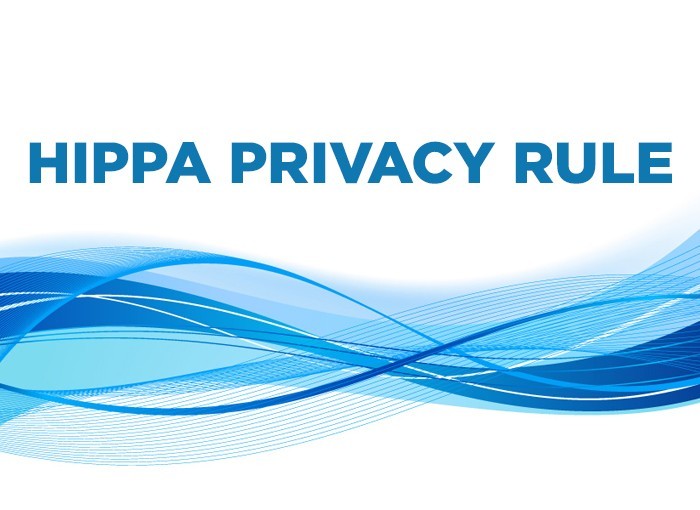What is the HIPAA Privacy Rule, and why is it critical to medical billing?
HIPAA is of critical importance for medical billing companies serving in the US healthcare sector, which you will learn in this article.
What is the HIPAA Privacy Rule?
The Health Insurance Portability and Accountability Act (HIPAA), the HIPAA privacy rule, was brought in 1996 by the US Congress to protect & respect patient sensitive data by creating the right guidelines. The HIPAA Law and Privacy rule aimed to prevent fraudulent activity by protecting individual protected health information (PHI) and individually identifiable health information. Any organization dealing with PHI includes security measures that safeguard who can access and view specific health data while restricting any breach before, during, and after the claims process. . All healthcare providers can save millions of dollars just by adhering to HIPAA laws.
How HIPAA supports the Privacy of Patient Data?
HIPAA establishes guidelines for electronic submission of claims, which makes information more accurate and improves your ROI. The act ensures confidentiality and privacy for data security, adhering to it is a mandatory requirement for any reputed medical billing practice. Below are the HIPAA adherent compliance followed by the medical billing companies:
- Protect and safeguard the office 24/7 and control with authorized access
- Enable password on a file, computer, user account, network device, or data while you are away
- Staff training in the context of maintaining patient’s data security standards and to compulsorily sign a privacy form to keep the private information secure.
- Any external drives, USB & floppy disc drives on each system are deactivated to ensure there is
- no transferring, disposing of, removing, and re-using the data .
- Internet security through anti-virus software and firewall for each system
- Health information in identifying the patient like name, date of birth, address, telephone number, email address, social security number, health plan number, photographs, medical record number, license number, and any conversation between the practitioner or billing/insurance information is protected.
Unencrypted access prohibited through HIPAA
Because of HIPAA compliance, the physical or mental health details restrict viewer discretion thereby protecting it from hackers or other malicious agents. Additionally, there are no chances that the unauthorized party can use your confidential medical data, to manipulate your mind to make you buy something. Before HIPAA law in action, patient’s rights to privacy differed from state to state. After the compliance, it is the bonafide component of all medical billers as they must adhere to the regulations laid down by HIPAA.
How critical is it to Medical Billing?
As of now, you are familiar with the HIPAA Privacy rule and how it protects the patient’s data. In this part of the article, you will learn why it is critical to Medical Billing.
HIPAA authorized the use of medical codes like CPT and HCPCS for procedural reporting, ICD codes for diagnosis every day by coders and billers to create claims. All the electronic medical transactions are standardized by HIPAA using the approved format. The format is called ASC X12 005010 or HIPAA 5010. Each type of health care claim gets its code set number, preceded by an X12 and checked by the ASC X12. Each type of transaction is in the form of EDI (Electronic Data Interchange). The health care claim transaction is requested by the billers mentioning the information about the provider, the patient, and his health insurance plan along with the medical codes for diagnosis and procedures.
Medical coders compel to use the right code set to illustrate the diagnosis or procedure codes. Similarly, medical billers use the appropriate type of EDI to create the claims. HIPAA application and enforcement ensure privacy to the patient protected health information and its access to how codes are used in performing the billing task.



